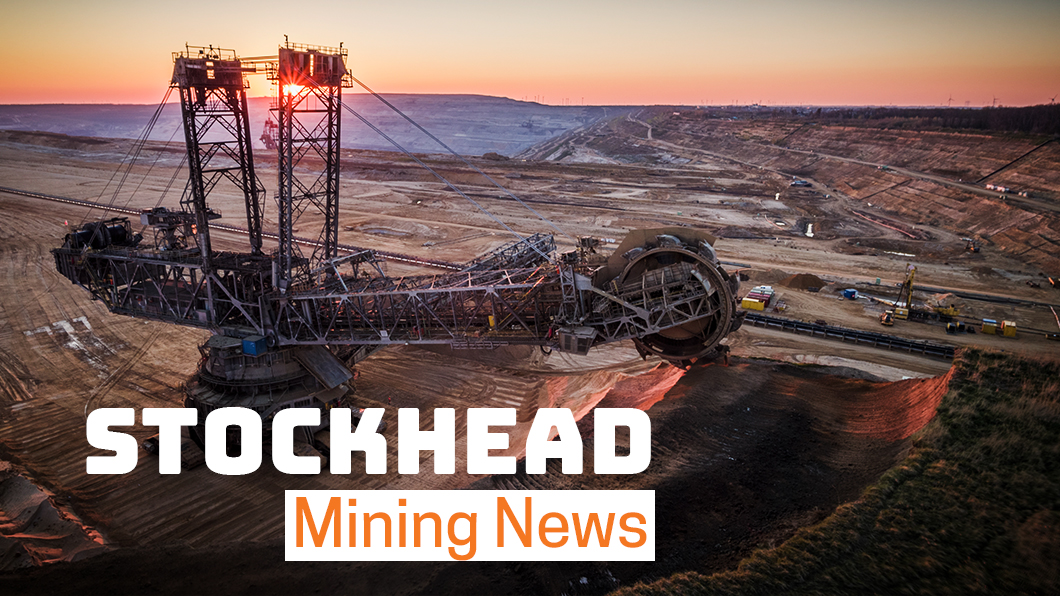Barry FitzGerald: How Allegiance stacks up against Gina Rinehart’s new coal venture

Pic: Schroptschop / E+ via Getty Images
What do you do if you have a flood of money pouring in the front door from your iron ore business like Gina Rinehart does?
Simple really. You pump $1.43 billion into a metallurgical coal project in Alberta, Canada.
That’s just what Australia’s richest of the rich has done by spending $744m to acquire the privately held Riversdale Resources, which plans to spend $694m to become a metallurgical coal producer from the Grassy Mountain project in 2021.
Rinehart said recently that she had wanted “to find a good metallurgical coal opportunity to complement our iron ore projects—both commodities being critical for steelmaking”.
About 0.8 tonnes of coking coal is required to make 1 tonne of steel in blast furnaces, the source of about 75 per cent of global steelmaking.
And given the average wind turbine requires 230 tonnes of steel, unlike thermal coal for power generation, it is OK to talk about metallurgical coal in polite company at barbecues in Fitzroy, sort of anyway.
On the basis that adopting the commodity investment strategy of Australia’s richest person in the politically correct type of coal might have some merit, Garimpeiro today is taking a look at Allegiance Coal (ASX:AHQ).
It is trading at 7.2c for a $39.3m market value and like Rinehart’s newly acquired Riversdale, its metallurgical coal ambition is unfolding in Western Canada.
But its initial Tenas project is in British Columbia which is separated from Alberta by the Rocky Mountains, giving Tenas the advantage of having a much shorter railing distance, on a nearby existing railway, to an existing and under-utilised port.
- Subscribe to our daily newsletter
- Join our small cap Facebook group
- Follow us on Facebook or Twitter
While planned annual production at Rinehart’s Grassy Creek is 4.5mt of hard coking coal, Tenas is almost boutique in comparison with its planned annual output by the end of 2021 of 750,000t of mid volatile semi-soft coking coal.
The coal type accounts for about 60mtpa of the total 325mtpa seaborne metallurgical coal market and does not command the near $US200/t ($286.54/t) current pricing for premium hard coking coal.
But it doesn’t need to as Tenas is forecast to have one of the lowest all in cash costs in the business – thanks to its simple logistics – of less than $US50/t which currently at least, compares with pricing for semi-soft coking coal of about $US126/t.
A March definitive feasibility study (DFS) into the development – Tenas is one of three in a cluster of deposits that make up Allegicance’s Telkwa coal complex — put the capital cost at $US54.3m, not including $US36.2m in lease financed mobile equipment and plant infrastructure.
The DFS forecasts an average coal price for Tenas in 2021 and 2022 of $US120/t, falling in 2023 onwards to $US114/t. Payback from first production was put at 2.5 years for the 22-year life of the project.
Importantly for a junior-led project looking to break in to the seaborne market, Allegiance last year secured the support of Japanese trading giant Itochu Corporation as an eventual 20 per cent partner in the broader Telkwa complex for $C6.6m ($7.2m) in three milestone payments.
Itochu recently agreed to make the second milestone payment after reviewing the Tenas DFS to its satisfaction, moving it to a 10.1 per cent interest.
As Allegiance chairman and managing director Mark Gray noted at the time, the second milestone payment was “effectively a peer review of our own consultant’s work”.
Broker Bell Potter values Allegiance at 15c a share, a little better than twice its current share price. Its June 27 research note on the stock said the market was “not recognising its path to metallurgical coal production and cash flow by the end of 2021″.
“We expect this valuation discount to unwind as the company completes permitting and brings Tenas into production,’’ the broker said.
UNLOCK INSIGHTS
Discover the untold stories of emerging ASX stocks.
Daily news and expert analysis, it's free to subscribe.
By proceeding, you confirm you understand that we handle personal information in accordance with our Privacy Policy.








